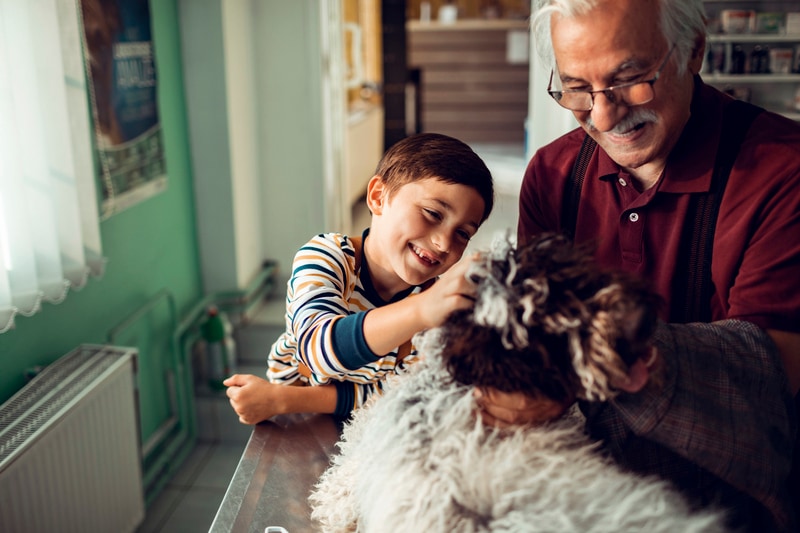There was a story in the UK recently – not one that shook the front pages to their core, I’ll admit, it certainly ruffled the mother-feathers quite a bit – about one of our better-known celebrity chefs admitting on a US chat show that he paid his son £100 a week to spy on his older sister’s online life, and report back to him about her relationships and social media activity.
I’ve heard the interview, and I would say he was probably slightly joking. But even if he was, many others wouldn’t be; the amount of parental ‘online spying’ is growing, as the amount of their lives they spend in cyberspace does.
Some parents know their children’s passwords and can check messages and search history that way, others have software installed on their children’s computers that flags up unknown email addresses or certain web searches.
One writer even admitted spying on two of his three teenage daughters online so cunningly that he used keystroke-logging software to monitor what they typed while messaging their friends.
This level of privacy invasion seems entirely off-scale to me – not least because if I tried to do that my children would probably have run away to Rio with the local bar tender by the time I’d worked out how on Earth to do it!
Rights & responsibilities
The issue of spying on our children is an important one, but comes with large, sharp thorns because it heralds a direct clash between two very important duties: protecting our children from harm, and respecting their right to privacy.
Indeed, the UN convention on the rights of the child stipulates that children have a right to privacy and a right to information, but they also have a right to protection from all types of violence and exploitation – and there’s the problem right there.
How can we protect them from harm if we don’t know what they’re doing – and we when we ask them, they tell us a huge pack of lies, like most normal children would when they’re hiding something… and we have no way of checking?!
With all the stories in the media of online grooming, parties going public on Facebook and resulting in 1000 drunk strangers turning up to prune the hedges into Star Wars characters before throwing up in them and driving off in Dad’s BMW, and perfectly well educated, street-smart and tech-savvy children getting into all manner of terrible trouble online, there is understandably growing unease among parents about what exactly our children are doing online, and how safe they are. And how much we can – or should – be ‘monitoring’ this.
Secretly.
For me, the answer is possibly somewhat simplistic, but it’s what I believe and stick to; we cannot, and should not, spy on our children or read their private thoughts and communications – unless we have serious and genuine cause for concern.
Just as reading a child’s hand-written diary twenty years ago was a huge invasion of privacy, potentially causing a total breakdown of trust and a shattering of personal space, so reading messages, texts and emails isn’t OK today. Again, unless there is genuine concern for the child, and you have really tried talking to them about your worries first.
Stay positive
And amid all the fear and gloom of all the Very Bad Things that lurk in cyberspace just waiting to unleash their Evil onto our poor, unsuspecting, innocent children, one important thing to bear in mind this the Good things they might want to be doing online, and without our knowledge.
If children think, or know, they’re being spied on, they might stop accessing online information from which they might really benefit, such as exploring gender or sexuality in private when they are teenagers, reading about experiences they might be worried about, having important chats with friends, which really help them with things they’re struggling with, and so on.
If parents use filters blocking LGBT sites, relationship advice, health information and so on, that could cut off access to something hugely helpful, and which previous generations didn’t have.
It’s a tricky balance, and I don’t think we’re wrong to worry, to be curious about what they are doing online, and to want to peek behind the cyber curtain from time and time and see what’s there.
Not to be nosey, but…to check everything is OK.
It’s normal and important to care!
All of this applies to other people in their lives as well, by the way – child carers, grand parents, siblings and so on. Nobody should be spying on others. Quite usefully, a child carer can often get different information out of a child just by talking with them and observing them, because their relationships is different to the one they have with us and a child might feel more able to talk about personal things with them, than a parent. A child carer often has a very helpful ‘second eye’ on our children.
The question then of how much is passed on to us, the parents, should, I think, be up to the child carer to judge. If it sounds serious, then it should probably be shared. But if it’s something that’s private, and just needed sharing to make things better, then, honestly, that is OK for us not to know.
Invasion of privacy is deeply damaging, and needs to be treated with huge caution.
Too often now we want to control our children and know everything they think, do, feel, read, write.
That’s not our place. Caring, loving and protecting is.
Spying on them isn’t.
